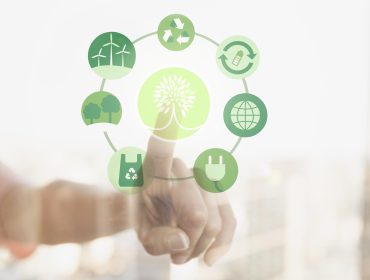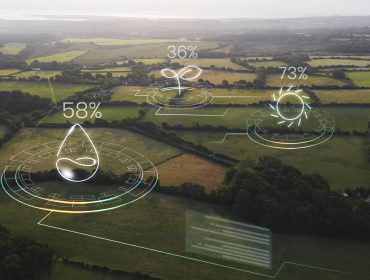
ESG investments will fuel Africa’s post-pandemic recovery
May 19th, 2021 – For the past year, the Covid-19 pandemic has grounded the growth of Africa’s developing economies. However, the easing of the pandemic, aided by the global vaccine rollout, means that the African markets are turning their attention towards post-pandemic recovery. Taking centre stage in this recovery is a focus on environmental, social, governance (ESG), which has been demanded by investors, assisted by continued government stimulus, and supported by Development Financial Institutions (DFIs) and multi-national development banks.
Covid-19 has had both a very direct and negative impact on Africa’s growth. OMFIF and Absa’s Africa Financial Markets Index found that in 2020 there was minimal economic growth across the Continent, and that there had been a significant disruption in supply chain financing due to the pandemic. This has had a severe impact on some of the most vulnerable economies such as Angola and Zambia, which lack the macroeconomic opportunities of countries such as South Africa and Egypt. With the recovery from the pandemic a key focus for Africa, new funding models are required to support those impacted and ensure Africa’s smooth recovery is sustainable both financially and ecologically.
More…https://www.globalbankingandfinance.com/esg-investments-will-fuel-africas-post-pandemic-recovery/
Written by Global Banking & Finance review
Related Post
OpenAI launches new AI Accelerator for...
OpenAI has launched the EU Economic Blueprint 2.0, introducing a new set of initiatives aimed at accelerating AI adoption across Europe and ...
SME climate finance stocktake: Turning ambition...
Small and medium-sized enterprises are vital to global climate action, yet access to green finance remains a major barrier to scaling their ...
Sustainability Meets Growth: A Roadmap for...
Small and medium-sized enterprises (SMEs) represent 90% of businesses globally and account for 40%-60% of business-sector greenhouse gas (GH...




